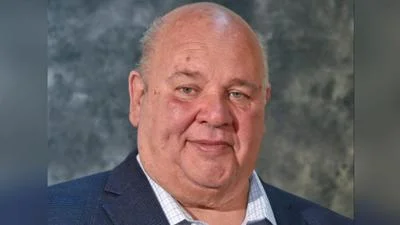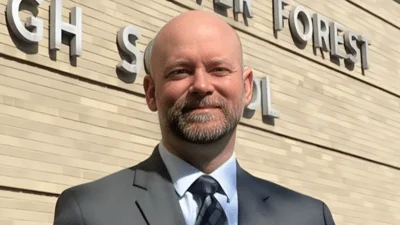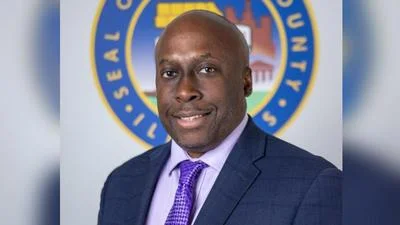West Cook County Youth Club, Logo | https://encrypted-tbn0.gstatic.com/
West Cook County Youth Club, Logo | https://encrypted-tbn0.gstatic.com/
The listed appropriations included grants of $500,000 and $250,000, along with four additional grants totaling $1,000,000, all designated for programs or services funded by the State of Illinois.
These appropriations represent state-level funding authorized by lawmakers, reflecting what was approved in the budget, not necessarily disbursed. The funds cover only State of Illinois support and exclude federal, local, or other public sources.
Founded in 1956 by Local residents and businesses, West Cook County Youth Club states that its mission is: “Provide behavior guidance and promote the health, social, educational, vocational, and character development of boys and girls.”
You can learn more about the organization at its website.
In its most recent IRS Form 990 filing filing for tax year 2024, the organization reported $270,468 in total revenue. Of that, $156,774 came from government grants including federal, state, or local sources, making up 58% of total revenue.
The nonprofit listed $170,074 in contributions overall. It also reported $13,265 categorized under other contributions, which may include restricted donations, pledges, or bequests.
At the beginning of 2024, West Cook County Youth Club had $704,209 in assets. By the end of 2024, that figure had changed to $665,226, indicating a 5.5% decline in overall holdings.
According to its filing, public funding to West Cook County Youth Club declined in the last year, falling from $211,943 in 2023 to $156,774 in 2024—a decrease of 26% year-over-year.
However, a Chicago City Wire analysis found that IRS filings frequently contain discrepancies when compared with publicly disclosed government grant reports and budgets.
West Cook County Youth Club is one of hundreds of nonprofits across Illinois that receive substantial support from state taxpayers while also fundraising privately.
In 2025, Illinois lawmakers introduced House Bill 1266, also known as the Department of Government Efficiency (DOGE) Act. The proposal would create a new oversight body within the Office of the Auditor General tasked with identifying cost-saving measures, reviewing agency performance, and advising on audit priorities. If passed, DOGE could bring additional scrutiny and performance evaluation to taxpayer-funded organizations.
According to ProPublica, Illinois has more than 78,000 active tax-exempt organizations, including nearly 60,000 classified as charitable nonprofits. In their most recent IRS filings, these groups reported a combined revenue exceeding $156 billion.
| Fiscal Year | Total Grants/Contracts | Total Taxpayer $$ |
|---|---|---|
| 2024 | 6 | $1,750,000 |
| Term | Name | Title |
|---|---|---|
| 2024-2024 | Andre F Harvey | Director |
| 2024-2024 | Anthony Somone | Director |
| 2024-2024 | Bob Kopach | Director |
| 2024-2024 | Dave Surico | Vice President |
| 2024-2024 | Emily Slavik | Treasurer |
| 2024-2024 | Frank Hasman | Director |
| 2024-2024 | Frank Sangiacomo | Director |
| 2024-2024 | Glen Steiner | Director |
| 2024-2024 | John Dvorak | Director |
| 2024-2024 | Ken Schmidt | Director |
| 2024-2024 | Kimberly Tate | Director |
| 2024-2024 | Kimberly Lightford | Director |
| 2024-2024 | Matt Alex | Director |
| 2024-2024 | Michael Rizzo | Director |
| 2024-2024 | Michael Somone | Director |
| 2024-2024 | Rashaad Watkins | Director |
| 2024-2024 | Richard Montalbano | Director |
| 2024-2024 | Scott Nimon | Executive Director |
| 2024-2024 | Steve Beranek | President |
| 2024-2024 | Tiffany E Tyler | Director |






 Alerts Sign-up
Alerts Sign-up